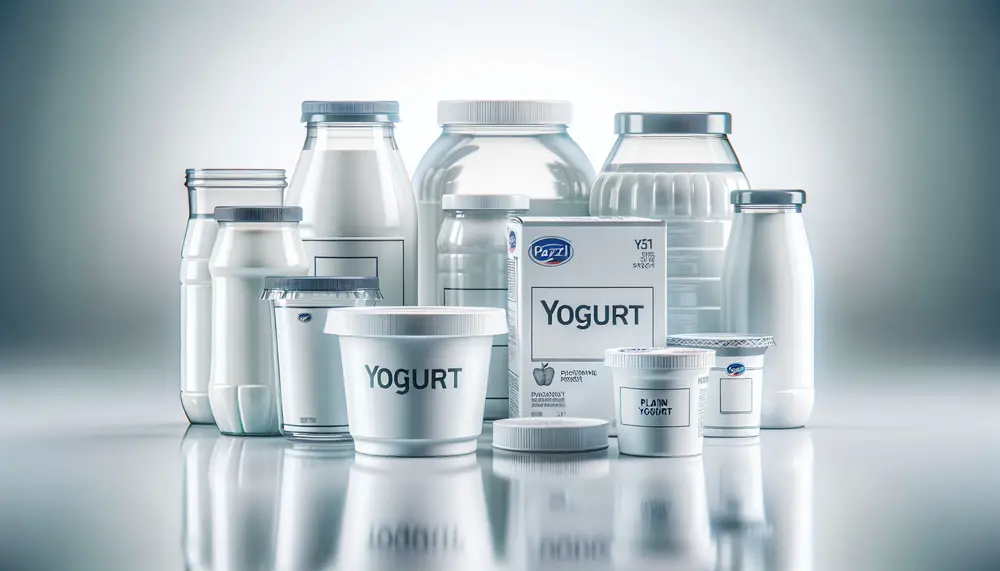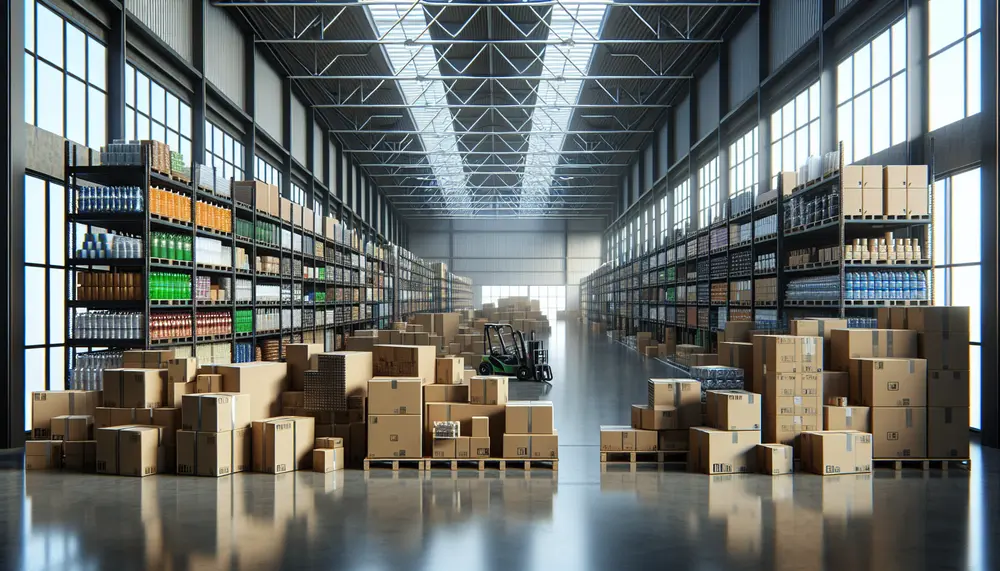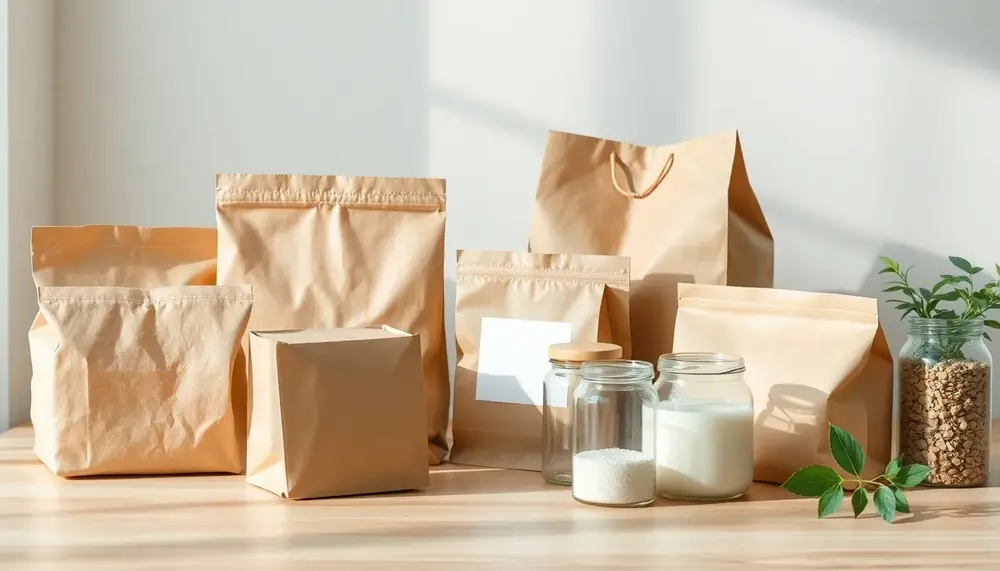Tetra Pak
Tetra Pak
Tetra Pak
Tetra Pak is a well-known brand in the packaging industry. It specializes in creating innovative and sustainable packaging solutions, primarily for liquid food products. Tetra Pak's packaging is designed to protect the contents while being easy to transport and store.
History of Tetra Pak
Tetra Pak was founded in 1951 by Ruben Rausing in Sweden. The company revolutionized the packaging industry with its unique approach to packaging liquids. The first Tetra Pak package was a simple tetrahedron-shaped carton, which gave the company its name.
Types of Tetra Pak Packaging
Tetra Pak offers various types of packaging, including Tetra Brik, Tetra Prisma, and Tetra Recart. Each type serves different needs. For example, Tetra Brik is ideal for milk and juice, while Tetra Recart is used for ready-to-eat meals.
Benefits of Tetra Pak
Tetra Pak packaging provides several benefits. It extends the shelf life of products, reduces food waste, and is lightweight. Additionally, Tetra Pak cartons are recyclable, making them an eco-friendly choice.
Sustainability Efforts
Tetra Pak is committed to sustainability. The company uses renewable materials and aims to reduce its carbon footprint. Tetra Pak also collaborates with recycling programs worldwide to ensure its packages are recycled efficiently.
Conclusion
In summary, Tetra Pak plays a crucial role in the packaging industry. Its innovative and sustainable solutions help protect food products and the environment. Whether it's milk, juice, or ready-to-eat meals, Tetra Pak offers reliable packaging options.
Blog Posts with the term: Tetra Pak

The article discusses the significance of yogurt packaging materials in preserving quality, extending shelf life, and marketing. It highlights various types of packaging like glass, plastic, composites, eco-friendly alternatives, and metal containers with their respective properties. Packaging choices for yogurt impact...

The article discusses the significant role of packaging giants in driving innovation and efficiency within the industry, focusing on their strategic importance, market dominance across various materials, and efforts to meet changing demands with sustainable solutions. It highlights how these...

The sustainable packaging industry is rapidly transforming due to environmental concerns, regulatory pressures, and consumer demand, emphasizing recyclability, biodegradability, and reusability. Innovations in materials like bioplastics, fiber-based solutions, edible packaging, and advanced manufacturing processes are reshaping industries such as food...
